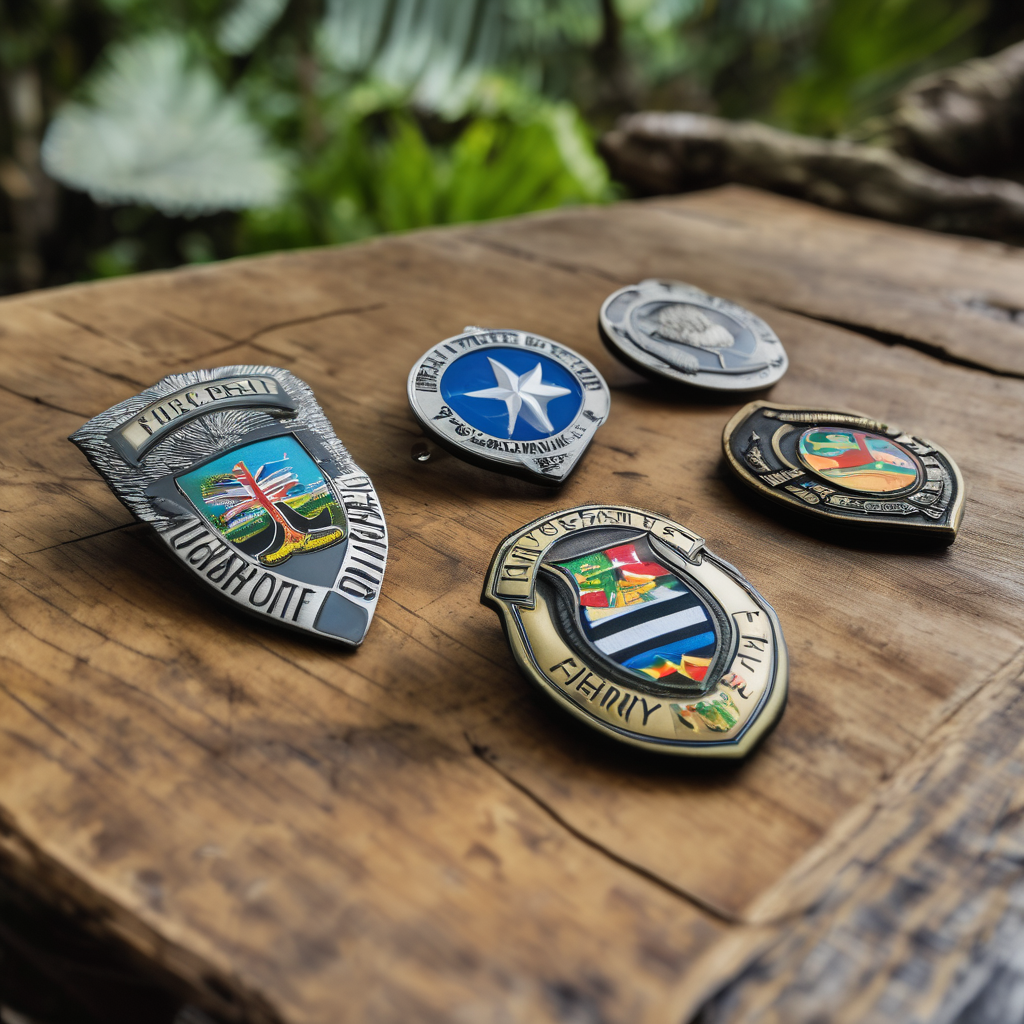Environment officers in Fiji have recently upgraded their skills to tackle illegal wildlife trade and protect endangered species, following a successful CITES Enforcement Training Workshop organized by the Ministry of Environment and Climate Change. This initiative showcases Fiji’s dedication to enforcing the Convention on International Trade in Endangered Species of Wild Fauna and Flora (CITES), a crucial international agreement designed to regulate wildlife trade to prevent species extinction.
The workshop’s completion is integral to Fiji’s legislative framework under the Endangered and Protected Species (EPS) Act 2002, which governs the trade of endangered species nationally and internationally through a structured permit system. This act empowers a range of enforcement agencies, including Customs, Police, and Biosecurity, to effectively uphold wildlife protection laws.
Training participants gained a deeper understanding of legal frameworks, inspection processes, species identification, and inter-agency collaboration. The event successfully united personnel from numerous essential government departments, including the Fiji Revenue and Customs Service, Biosecurity Authority, and Fiji Police Force, among others.
Dr. Sivendra Michael, Permanent Secretary for Environment and Climate Change, emphasized the vital importance of inter-agency cooperation in safeguarding Fiji’s wildlife. He remarked, “Protecting Fiji’s endangered species requires consistent enforcement and cooperation across government agencies.” This sentiment reflects a broader trend observed in efforts to enhance enforcement protocols and engage communities in environmental stewardship.
The training is part of an ongoing strategy to improve enforcement capabilities across Fiji’s Western, Northern, and Central divisions, reinforcing the commitment of officers to apply their newly acquired knowledge in protecting the island nation’s rich biodiversity. Given the pressing challenges faced by Fiji’s ecosystems, including illegal fishing and wildlife trade, these collaborative training sessions are essential in strengthening officers’ abilities to combat environmental crime.
These initiatives not only enhance legal frameworks but also instill a sense of responsibility among enforcement personnel, signaling a promising future for wildlife conservation in Fiji. By equipping enforcement teams with vital skills, Fiji is making significant progress toward protecting its unique biodiversity and ensuring sustainable practices for future generations.
